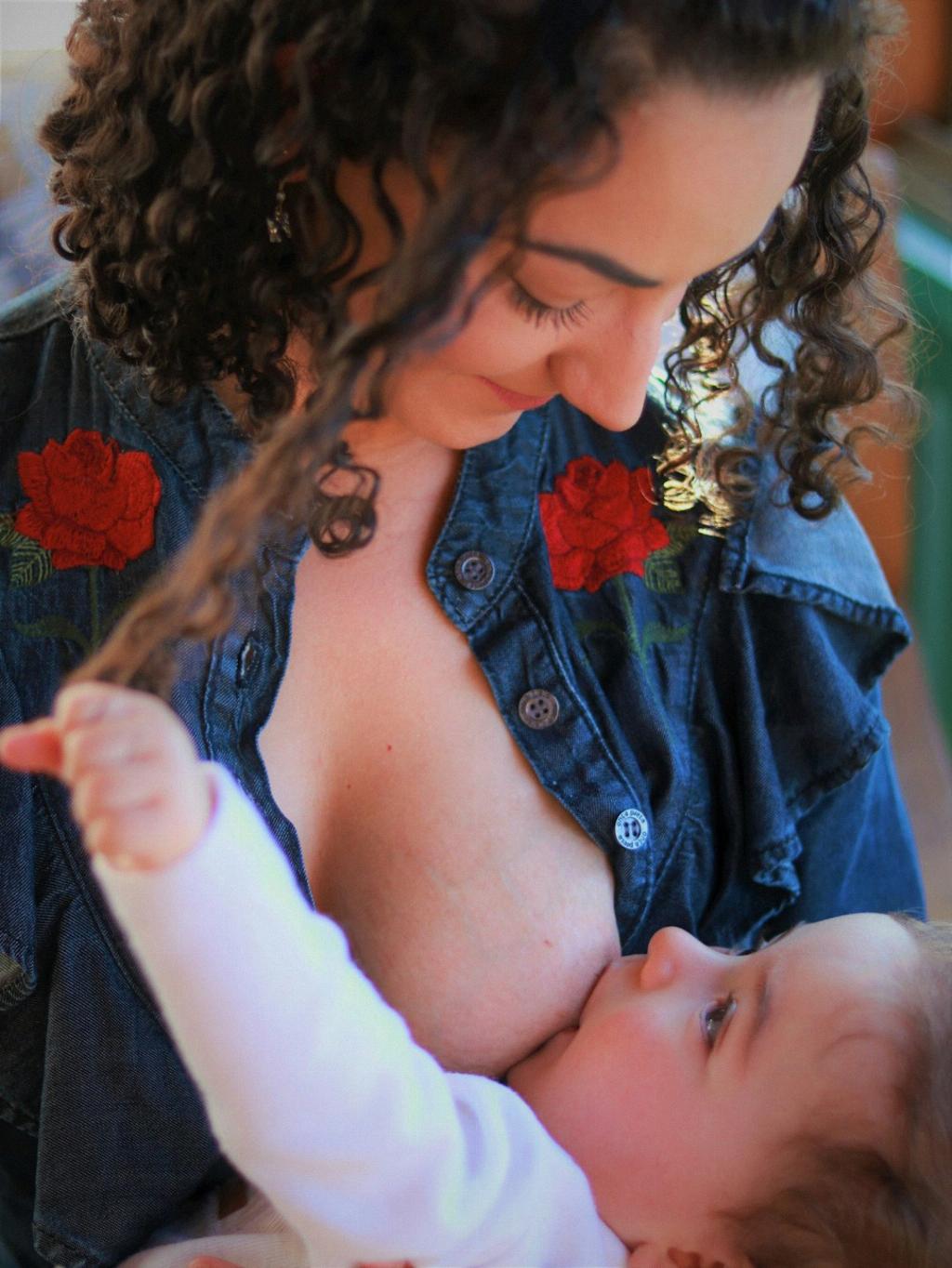Upper respiratory infections can be particularly challenging to deal with, especially for breastfeeding mothers. These infections, such as colds, sinus infections, and allergies, can leave you feeling under the weather and in need of relief. However, when it comes to treating these infections while breastfeeding, it’s crucial to consider the safety of any medications you may take.
Safe Options for Treating Upper Respiratory Infections
When looking for relief from upper respiratory infections while breastfeeding, it’s important to choose safe options that will not harm your baby. Pseudoephedrine and phenylephedrine are two oral decongestants commonly found in over-the-counter medications that can help alleviate symptoms like nasal congestion. These ingredients are generally considered safe to use while breastfeeding.
Consulting a Healthcare Provider
While pseudoephedrine and phenylephedrine are deemed safe for use while breastfeeding, it’s always best to consult with your healthcare provider before taking any medications. Your doctor can provide personalized advice based on your individual health condition and the specific needs of your baby.
Natural Remedies for Upper Respiratory Infections
In addition to over-the-counter medications, there are several natural remedies that you can try to help alleviate the symptoms of upper respiratory infections while breastfeeding. Nasal saline drops, humidifiers, and staying hydrated can all provide relief without the need for medication.
Rest and Hydration
One of the most important things you can do when dealing with an upper respiratory infection while breastfeeding is to prioritize rest and hydration. Getting plenty of rest will help your body fight off the infection, while staying hydrated can help loosen mucus and alleviate congestion.
Avoiding Certain Medications
While some medications are considered safe for use while breastfeeding, others should be avoided. For example, certain antibiotics, such as tetracycline and chloramphenicol, can pass into breast milk and may have adverse effects on your baby. It’s essential to always read the labels and consult with your healthcare provider before taking any medications.
Monitoring Your Symptoms
When dealing with an upper respiratory infection while breastfeeding, it’s crucial to monitor your symptoms closely. If your condition worsens or if you develop a high fever, it’s important to seek medical attention promptly. Your healthcare provider can offer guidance on the best course of treatment.
Supporting Your Immune System
One of the best ways to prevent upper respiratory infections while breastfeeding is to support your immune system. Eating a healthy diet, getting regular exercise, and managing stress can all help boost your immune system and reduce your risk of getting sick.
Seeking Emotional Support
Dealing with an upper respiratory infection while breastfeeding can be physically and emotionally draining. It’s essential to seek emotional support from loved ones, friends, or a therapist if you’re feeling overwhelmed. Taking care of your mental health is just as important as taking care of your physical health.
Conclusion
Overall, when it comes to treating an upper respiratory infection while breastfeeding, it’s important to prioritize safety and consult with your healthcare provider. While certain medications like pseudoephedrine and phenylephedrine may be safe to use, natural remedies, rest, and hydration can also provide relief. Remember to take care of yourself both physically and emotionally during this time.

